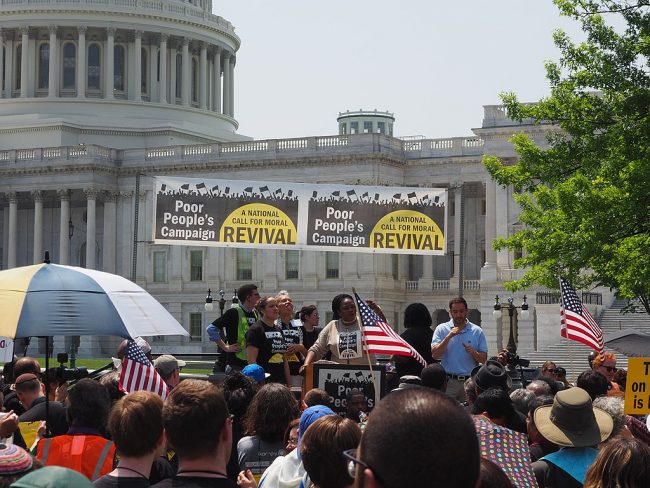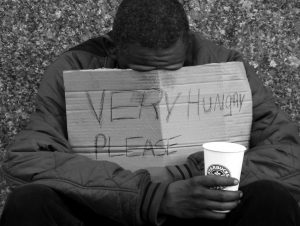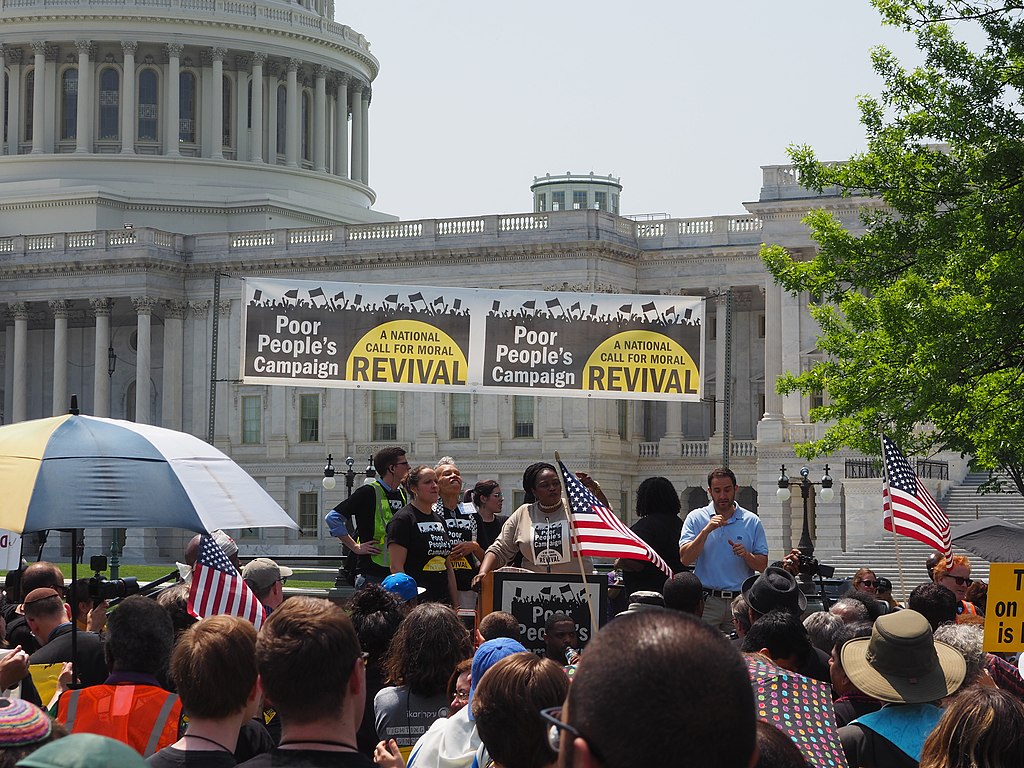|
Getting your Trinity Audio player ready...
|

Poverty is one of today’s most prominent issue the world’s citizens suffer. Theoretically, those living in Chicago and other booming U.S. cities have more opportunities than those residing in isolated areas. However, this is not the case for many people.
Many Chicagoans are unable to thrive because their communities do not offer enough chances for success. More damaging to Chicago’s black families is the city’s legacy of segregation, which contributes to decreasing access to better-paying jobs outside of their neighborhoods.
 When industrial and factory jobs were lost in the inner-cities unemployment soared. With employment opportunities disappearing, there is a great reduction in success levels for the people of Chicago.
When industrial and factory jobs were lost in the inner-cities unemployment soared. With employment opportunities disappearing, there is a great reduction in success levels for the people of Chicago.
Populations Most Affected
The populations most affected by poverty are women, children, and people of color. According to Spotlight On Poverty & Opportunity, in 2016, 34,881 adults and children received welfare (TANF), 821,000 children received food stamps (SNAP), and approximately 11,590 were homeless in Illinois.
These children experience housing insecurity, inadequate health care, and food deprivation. It is a horrendous experience for children to have to go through. Situations like these are frequently overlooked, resulting in lower achievement in school and increased absenteeism. These kids are more likely to become ill as they have increased emotional and mental health issues.
 Poverty Is an Inequality And Must Be Eradicated
Poverty Is an Inequality And Must Be Eradicated
The inequity of poverty prevents people from meeting their basic needs, or improve their quality of life. Additionally, this creates barriers to quality education, stable employment, affordable housing, and safe neighborhoods. Domestic and gun violence is rampant in many poverty-ridden communities.
Eradicating poverty will happen if people come together with the goal of rebuilding their communities. While it is a sizable job, if everyone is dedicated to the cause, they will achieve their intended goals.
Chicagoans must do this within their communities in order to improve the lives and well-being of its residents. There are already entities in place within Chicago working to end poverty. Among them are healthcare institutions, residents, civic leaders, community-based organizations, businesses, and faith-based organizations.
Moreover, Chicago needs the effort of community residents and its leaders to close this acute inequality. Many people prefer to cast blame on those who live in poverty. Instead, they should make an effort to aid those who are suffering from unjust circumstances.
Written By Jasmine Hollingsworth
Edited by Cathy Milne
Sources:
Spotlight on Poverty and Opportunity: States
The Atlantic Monthly Group: Chicago’s Awful Divide
Heartland Alliance: Illinois Poverty Update
Featured and Top Image By SLOWKING Courtesy of Wikimedia Commons – Public Domain
First Inset Image Courtesy of EyeTunes’s Flickr Page – Creative Commons License
Second Inset Image Courtesy of Thomas Hawk’s Flickr Page – Creative Commons License



